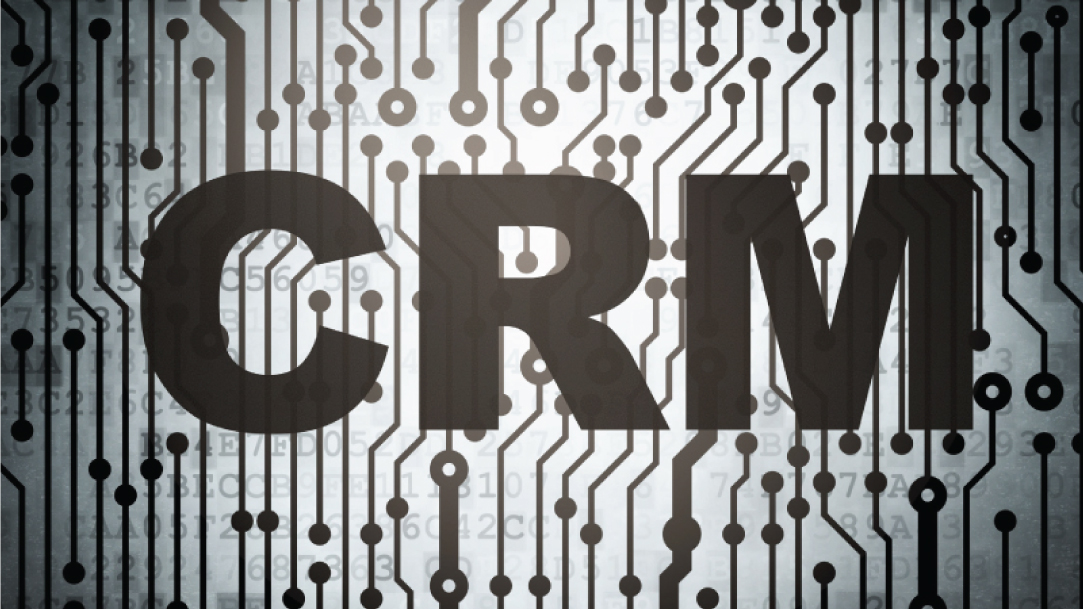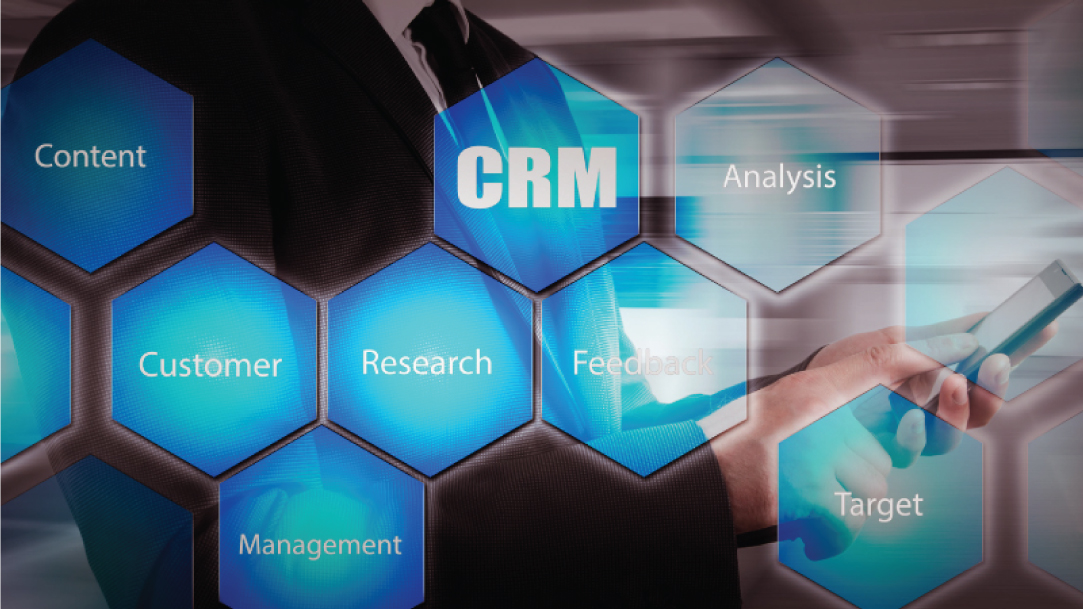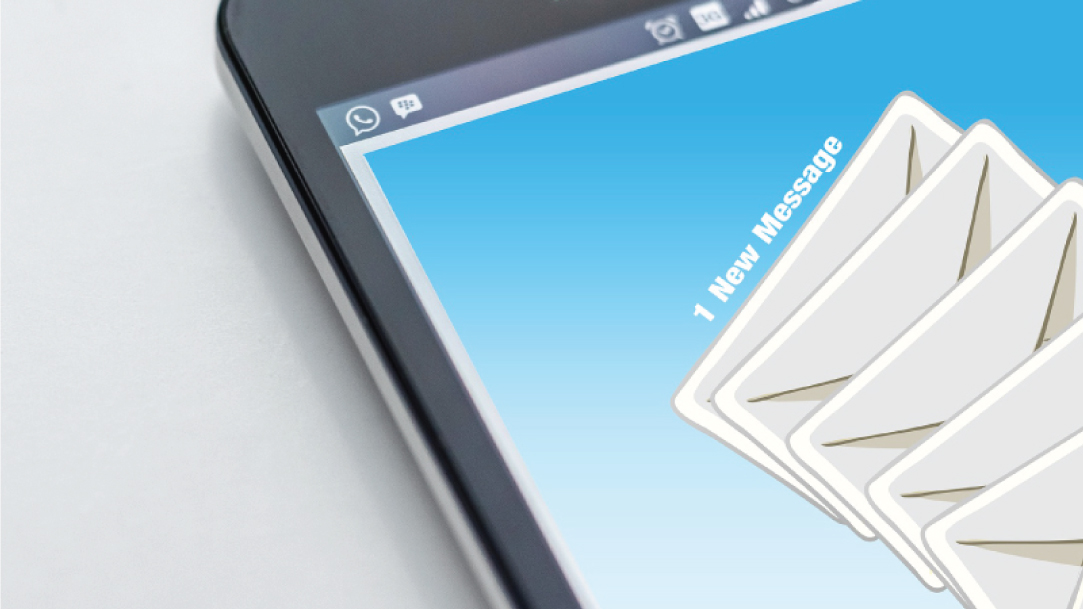
The number of property developers, projects, and locations has been exploding over the years. The global population is on the rise and this means more people lead to more homes. There is a larger pool of prospects, but things are not as simple as they were before. Customers are becoming more demanding and knowledgeable. We must adopt customer-centric strategies to fulfill the needs of today’s home buyers. Customer relationship management (CRM) plays an essential role in achieving value-added services. It paves the way for client-focused strategies that contribute to all business features.

Marketing Technology That Truly Helps
Customers dislike feeling ignored. It is reported that 66% of customer loss is because of this avoidable reason. (source: https://www.superoffice.com/blog/4-reasons-why-your-crm-system-is-your-most-valuable-asset/) When your company grows, it is difficult to track customer interactions without a proper CRM system. Spreadsheets, business cards, contact forms are outdated and they can easily fall into the wrong hands. Now, you can populate your customer database in a central system. We never know when a lead is ready to buy. A CRM system can help you organize your customers’ contacts and place them in correct categories such as lost customers, strong prospects, and inactive customers. When your salespeople talk to a customer, they can get the upper hand if they know what the content of the interactions is before. Emails, texts, and calls should be in the company’s shared database, and not in each person’s mailbox or mobile phone. Sales have a notoriously high turnover rate. A strong CRM system can ensure that each salesperson’s pipeline is up to date and it registers important contacts. Companies can afford to lose a salesperson, but they cannot afford to lose customer data.

Automate Email Marketing
It is usually a battle for salespeople to hit their sales quota every month. A good sales team can meet their monthly targets but, this is usually where they stop. An elite sales team will want to make it to the next stage, where they hit their sales quota before the end of the month. Do your salespeople know how many prospects have they “not sold to” yet? Usually, when a customer says “no” it most likely means “not now”. Email marketing in CRM can help you identify and reveal possibilities. By tapping into the prospect’s data in the CRM system, you can create highly personalized emails that are likely to resonate with their needs and interests. It can build tailored communication journeys for each prospect. This is important because it triggers your prospects to think of your emails as valuable information and not impersonal spam messages. Most CRM systems have pre-designed email templates. If you have a small marketing team or a busy one, this feature can allow them to create visually appealing messages without taking too much of their time. An automated email marketing in CRM provides optimization too for different devices (desktop, tablet, mobile phone) and platforms (Outlook, Gmail, etc.), which is important for satisfying user experience.

Digital Strategy for Planning & Budgeting
In a property sales funnel, managers communicate with the customer frequently such as requests for maintenance, payment tracking, project completion, and more. Any errors here can strain your relationship with the customer. CRM for property management can configure and schedule automated communications, based on the customer’s home buying journey. When we transition to a customer-centric approach to planning and budgeting, we can gain insights that can lead us to where budgets should be prioritized. Besides that, we can also leverage customer data from the CRM system to enhance people-based marketing. It can be awfully expensive to attract digitally savvy customers because they can come from multiple channels. Determine how much budget you should allocate across outbound and inbound leads by analyzing the financial profiles of each customer segment. Find out what are the costs to acquire the lead, what channels are most engaging to your prospects, and more.

How Much to Spend on A CRM Solution?
The best way to gauge how much you should spend on a CRM system is to find out how much it will improve your revenue. Some key pointers to keep in mind include revenue per client, lead acquisition cost, and customer lifetime value. Cloud CRMs work on a SaaS model and this implies that you pay monthly for every client instead of forking out an immense sum of cash in one go. Most cloud CRM solutions offer adaptability so you can upgrade the system as your business grows. The key CRM costs include:
Transparent cost: This is the initial cost of installing the CRM solution. For on-premise software, the owner is responsible to pay for the maintenance and updates of the solution while a cloud CRM comes with a subscription fee for getting a license to use.
Service level cost: The amount depends on the volume of contacts, records, database, premium features, and integrations.
Implementation fees: Consultation services, customizations, template creation, automated workflow, contact import, and data migration.
Our sister company – Infra Mobile Digital Sdn. Bhd. has a proprietary CRM solution for property developers. IMD is one of the pioneers of Property Technology (PropTech) in Malaysia, and its innovative platform–ProCRM is part of an all-in-one property sales solution. Save time and hassle when you engage our services because we are one big happy family. Infra Design can plan and execute exciting marketing campaigns for you. Once we generate interest from the public, you can let ProCRM manage the leads to improve efficiency! Reach out to us now to meet both teams. Come to us for a FREE consultation and demo today. Follow us on our social media accounts to find out more about today’s people-centric marketing.
Reach out to us now if you are ready to ride this digital wave. Consultation with our experienced team is FREE of charge.
FOLLOW us on Facebook to learn about key marketing techniques.


